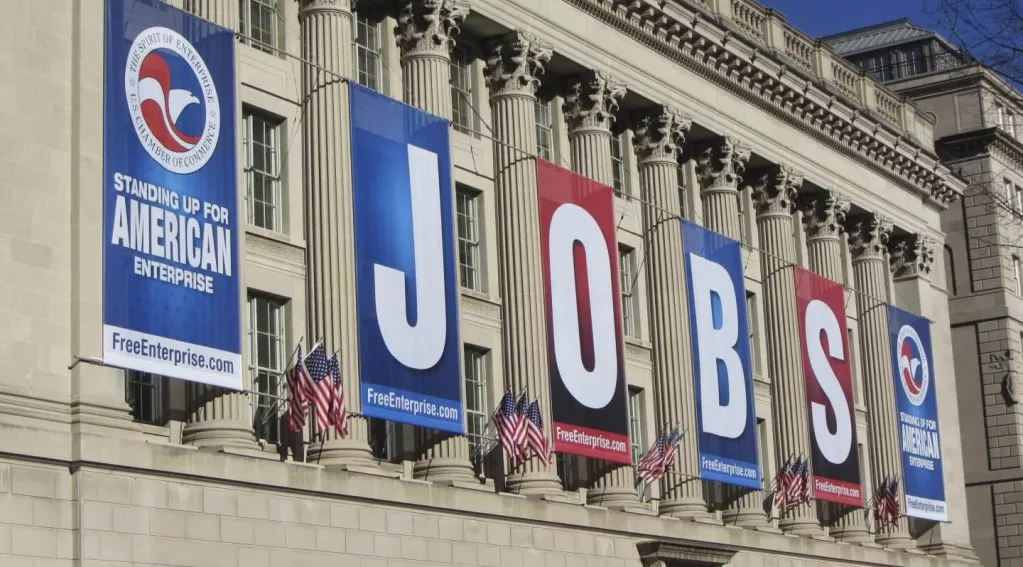US Chamber Pushes - Again - For More Immigration

The U.S. Chamber of Commerce, the country’s largest business lobbying organization, announced plans to push the Biden administration to expand immigration. The Chamber has a long history of supporting amnesty and legal immigration increases. The Chamber’s new CEO, Suzanne Clark, called for doubling the number of legal immigrants in the United States to “ease inflation and address worker shortages.”
The Chamber, once a reliably Republican-leaning business lobby, now faces an uncertain future. It endorsed a number of Democratic freshman congressional candidates in their races against Republicans, drawing ire from both the conservative and traditional wings of the Republican Party. Republican House Leader Kevin McCarthy (R-Calif.) remarked in an interview that “the Chamber left the Republican Party a long time ago. In the last election, the Chamber supported Democrats… I assume they have as much influence in the future as they do now, none.”
And on the left, the Chamber has even fewer allies. Try as they might, the Chamber spent decades cozying up to the GOP at the expense of the Democratic Party. There are still prominent voices on the left calling for the increased taxation of corporations and imposing greater restrictions and regulations on corporations. This is anathema to the Chamber’s mission. In essence, the Chamber has few remaining friends in Congress.
The Chamber’s immigration push is in direct opposition to what voters — particularly Republican voters — want. Recent polling shows that 61.3 percent of voters disapprove of President Biden’s handling of immigration. In the midst of an unprecedented border crisis, the Chamber of Commerce suggests making the problem worse by increasing overall levels of immigration and ignoring what is happening at our southern border. The civilian labor force participation rate is 61.9 percent, short of the pre-pandemic 63.4 percent and even lower than any point during the Great Recession.
Of course, the Chamber’s primary constituency is big business. Large corporations want more workers in the workforce because it drives down hiring costs and creates the conditions for a loose labor market. Tight labor markets — where there are more jobs than there are workers — drive up wages for workers and allow them to bargain for greater wages and benefits. Tight labor markets are good for workers. They earn more money and receive better benefits. Increasing immigration through green cards or guestworker programs chisels away at the conditions necessary for a tight labor market.
The Chamber of Commerce will continue advocating for immigration increases because it is what corporations want, plain and simple. As political momentum grows against corporate favoritism in government on both the left and the right, how effective can the Chamber be in the future?

